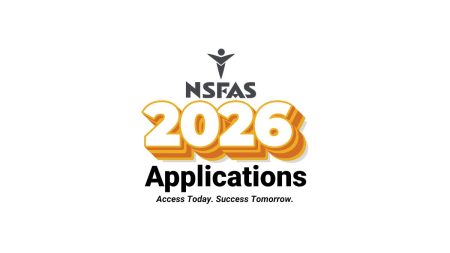The National Student Financial Aid Scheme (NSFAS) recently issued important clarifications about its policies regarding NSFAS accommodation for funded students. These policies are designed to ensure transparency and fairness for both students and private accommodation providers.
This article will break down the key aspects of these policies, helping students and landlords better understand their roles and responsibilities in managing NSFAS accommodation agreements.
1. Rent Responsibilities for Defunded Students
NSFAS provides clear guidelines on what happens if a funded student is defunded:
- If a student’s funding is withdrawn due to an error on the part of NSFAS, they will not be held responsible for any arrears in rent owed to the accommodation provider up to the defunding date.
However, if the student chooses to remain in the NSFAS accommodation after defunding:
- The student will then become liable for rent payments from the date the funding ends.
This distinction is crucial for defunded students living in NSFAS accommodation to plan their next steps responsibly.
2. Misrepresentation and Immediate Eviction
Students found to have misrepresented information on their NSFAS application face immediate consequences:
- If defunded due to misrepresentation by themselves or their guardian, they must vacate the NSFAS accommodation immediately.
- In such cases, the student will be responsible for paying all outstanding rent directly to the landlord.
Misrepresentation not only jeopardizes funding but also creates financial obligations for students living in NSFAS accommodation.
3. Restrictions on Moving to New Accommodation
NSFAS discourages students from switching to a new NSFAS accommodation provider without prior approval. The rules state:
- If a student moves without obtaining approval, NSFAS will not pay rent for the new accommodation.
- The responsibility for rent payments at the new location will fall entirely on the student.
To avoid losing financial support, students must ensure that their decision to relocate to new NSFAS accommodation is approved by NSFAS beforehand.
4. Prohibition of Deposits and Top-Up Payments
NSFAS has reiterated that landlords managing NSFAS accommodation are prohibited from:
- Demanding deposits, top-up payments, or additional fees from students.
According to the NSFAS standardized lease agreement:
- Rent is paid directly by NSFAS to landlords on behalf of students.
- Landlords cannot hold students liable for delayed payments from NSFAS.
This policy ensures that students in NSFAS accommodation are protected from exploitative financial practices.
Related: NSFAS-Accredited Residences: How to Find Approved Student Accommodation in 2025
5. Dispute Resolution
In cases of disputes between landlords and students regarding NSFAS accommodation, the matter must be handled according to NSFAS’s internal dispute resolution procedures. Students and landlords are encouraged to report issues directly to NSFAS instead of taking unauthorized actions.
By following these procedures, both students and landlords can ensure fair and transparent resolutions for issues related to NSFAS accommodation.
Key Guidelines for Students and Landlords
For Students:
- Always verify NSFAS approval before moving to new NSFAS accommodation.
- Inform NSFAS immediately if you are defunded or encounter disputes with landlords.
- Avoid paying deposits or top-up payments for NSFAS accommodation.
For Landlords:
- Familiarize yourself with the NSFAS lease agreement for accommodation.
- Do not demand additional payments or deposits from students.
- Address any payment issues directly with NSFAS rather than holding students accountable.
Contact NSFAS for Assistance
For inquiries about accommodation policies or to report concerns, you can reach NSFAS through the following channels:
- Email: media@nsfas.org.za
- Phone: 0800 067 327
- Website: www.nsfas.org.za
The updated policies on NSFAS accommodation aim to protect the interests of students and ensure fair practices among private accommodation providers. Whether you’re a student or a landlord, understanding these policies is essential to comply with the rules and avoid unnecessary conflicts. By adhering to the guidelines, students can focus on their studies without undue stress, and landlords can enjoy smoother operations with NSFAS.










